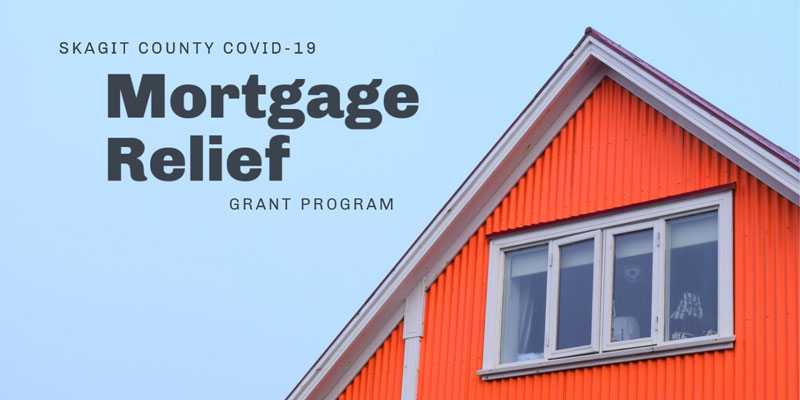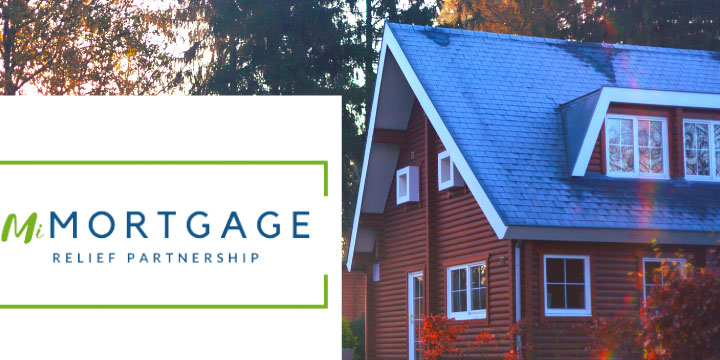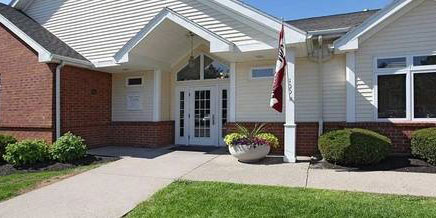The CARES Act mandated that lenders hold federally backed single-family mortgages to defer borrowers' payments for up to a maximum of 360 days if they were experiencing financial difficulty due to the coronavirus epidemic. Owners of multifamily apartments with federally backed mortgages were given a similar moratorium but shorter (90 days).
Due to further legislation, presidential executive actions, and legislation, notably the Consolidated Appropriations Act of 2021 and the American Rescue Plan Act of 2021, extra mortgage assistance was provided following the 2020 financial crisis.

Ongoing Mortgages are Impacted
Federal and GSE-backed mortgages are included under COVID-19 mortgage assistance, which is defined as loans: The Federal Housing Administration (FHA) provides coverage for this mortgage (FHA) Foreclosed on by the U.S. Department of Housing and Urban Development under Section 255 of National Housing Act, which covers home equity conversion mortgages (HUD) Insured or guaranteed by the Veterans Administration (VA).
Certified by the United States Department of Agriculture to be safe and sound (USDA) Securitized by the Federal National Mortgage Association (FNMA) or the Federal Housing Finance Agency (Freddie Mac) (Fannie Mae).
Identifying Federally Backed Loans
Here are some steps you may take to see if the federal government is backing your loan and therefore making you eligible for the assistance above:
- Contact your mortgage servicer via phone or letter. You have the right to know who owns your mortgage, and your servicer is obligated to give you the contact information for that person.
- Consult the Internet. Find out if your mortgage is owned by Fannie Mae or Freddie Mac using loan lookup tools supplied by these two government-backed companies.
- Check the Mortgage Electronic Registration Systems (MERS) website if you don't know who your servicer is.
How to Make a Request for Abeyance

Your loan servicer (the business to whom you make payments) is the best place to go to request forbearance if you have a federally-backed mortgage. You don't have to submit a lot of paperwork; the major requirement is to confirm your financial difficulties over the phone.
Forbearance can be granted for a period of up to 180 days at a time. Forbearance can be extended for an additional 180 or 360 days, depending on when your first forbearance began.
To be eligible for forbearance relief, landlords of multifamily units must have been current on payments as of February 1, 2020. landlords should contact their servicer if relevant, and they can request an initial 30-day forbearance and future extensions of up to 60 days from their servicer, if necessary.
What If Your Mortgage Isn't Guaranteed?
According to federal authorities, most non-government-backed lenders and loan servicers will likely follow similar measures imposed under the CARES Act and future legislation.
Get in touch with your loan servicer and inquire about any initiatives in place to help homeowners affected by the coronavirus epidemic with their mortgage payments. Then, follow any instructions they provide.
Private lenders are not required to provide mortgage help, but if you and your lender agree on any form of loan modification, the legislation about not reporting decreased or suspended payments to credit bureaus does apply.
The Function of Forbearance
No late fees, penalties, or interest
Any penalties, interest, or fees that you would have been subject to if you had not made timely and complete payments are exempt from assessment during any term of forbearance granted to you. 4 No late fees or penalties may be levied on renters during any term allowed by the landlord to pay rent.
Inability to Report to Credit Bureaus
As long as you're participating in one of the forbearance programs, your late or missing payments won't be reported by lenders to the credit agencies. Your credit rating won't be affected because you aren't making full payments or paying at all.
No Evictions or Foreclosures
Mortgages backed by the federal government were subject to a six-year moratorium on foreclosures and evictions until September 30, 2021.
Additional Support
When your forbearance term ends, you may be eligible for extra financial aid. See if you can get back to making regular payments with your servicer. If you're still having trouble, speak with your service provider to see if they have any other suggestions.
Reducing your monthly payments, for example, might be part of the solution. After a loan modification agreement is reached, you will not be recorded as "non-compliant" on that loan to credit bureaus.
Help for Landlords and Homeowners
It is not the same as forgiveness to show forbearance. Payments that have been placed on hold will eventually have to be resumed.
How to Apply for Homeowner Aid
Money for homeowner assistance is being disbursed to states. According to the Treasury Department's instructions, states can utilize this information to create their HAF strategies.
Upon completing the state's HAF plan, you will submit a funding request to your state. A map of each state's Homeowner Assistance Fund status is available on the National Council of State Housing Agencies website.




